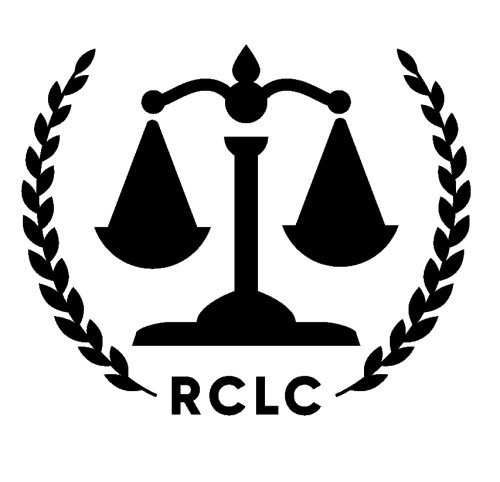Best Military Divorce Lawyers in Zimbabwe
Share your needs with us, get contacted by law firms.
Free. Takes 2 min.
Free Guide to Hiring a Family Lawyer
Or refine your search by selecting a city:
List of the best lawyers in Zimbabwe
About Military Divorce Law in Zimbabwe:
Divorce cases involving military personnel in Zimbabwe are governed by specific laws that may differ from civilian divorce laws. Military divorce cases may involve unique issues such as jurisdiction, division of military benefits, and the enforcement of military orders.
Why You May Need a Lawyer:
Legal representation is crucial in military divorce cases to ensure your rights are protected and to navigate the complexities of military laws and regulations. A lawyer can help you understand your options, negotiate settlements, and advocate for your best interests in court.
Local Laws Overview:
In Zimbabwe, military divorce cases fall under the jurisdiction of the military courts. The Military Code of Conduct and laws govern the division of military pensions, benefits, and other assets in divorce cases. It is important to seek legal advice from a lawyer familiar with military divorce laws in Zimbabwe.
Frequently Asked Questions:
Q: Can I file for divorce while my spouse is on active military duty?
A: Yes, you can file for divorce while your spouse is on active military duty. However, there are specific rules and regulations that apply to military service members in divorce cases.
Q: How are military pensions divided in a divorce?
A: Military pensions are considered marital property and can be divided between spouses in a divorce settlement. The Uniformed Services Former Spouses' Protection Act (USFSPA) governs the division of military pensions in divorce cases.
Q: What happens if my spouse is deployed during the divorce process?
A: If your spouse is deployed during the divorce process, legal procedures may be delayed or adjusted to accommodate their military service. It is important to work with a lawyer who understands the complexities of military divorce cases.
Q: Can I receive alimony or spousal support from my military spouse?
A: Spousal support may be awarded in military divorce cases based on factors such as the length of the marriage, the financial needs of each spouse, and the earning potential of the spouses. A lawyer can help you determine if you are entitled to spousal support.
Q: How can I enforce a military divorce decree?
A: Military divorce decrees can be enforced through the military court system. If your ex-spouse fails to comply with the terms of the divorce decree, you can seek legal assistance to enforce the court order.
Additional Resources:
For more information on military divorce laws in Zimbabwe, you can contact the Ministry of Defence or the Zimbabwe National Army Legal Services. Legal aid organizations may also provide assistance for military personnel facing divorce.
Next Steps:
If you are considering a military divorce in Zimbabwe, it is important to seek legal advice from a lawyer who specializes in military divorce cases. A lawyer can help you understand your rights, navigate the legal process, and achieve a favorable outcome in your divorce case.
Lawzana helps you find the best lawyers and law firms in Zimbabwe through a curated and pre-screened list of qualified legal professionals. Our platform offers rankings and detailed profiles of attorneys and law firms, allowing you to compare based on practice areas, including Military Divorce, experience, and client feedback.
Each profile includes a description of the firm's areas of practice, client reviews, team members and partners, year of establishment, spoken languages, office locations, contact information, social media presence, and any published articles or resources. Most firms on our platform speak English and are experienced in both local and international legal matters.
Get a quote from top-rated law firms in Zimbabwe — quickly, securely, and without unnecessary hassle.
Disclaimer:
The information provided on this page is for general informational purposes only and does not constitute legal advice. While we strive to ensure the accuracy and relevance of the content, legal information may change over time, and interpretations of the law can vary. You should always consult with a qualified legal professional for advice specific to your situation.
We disclaim all liability for actions taken or not taken based on the content of this page. If you believe any information is incorrect or outdated, please contact us, and we will review and update it where appropriate.
Browse military divorce law firms by city in Zimbabwe
Refine your search by selecting a city.
















